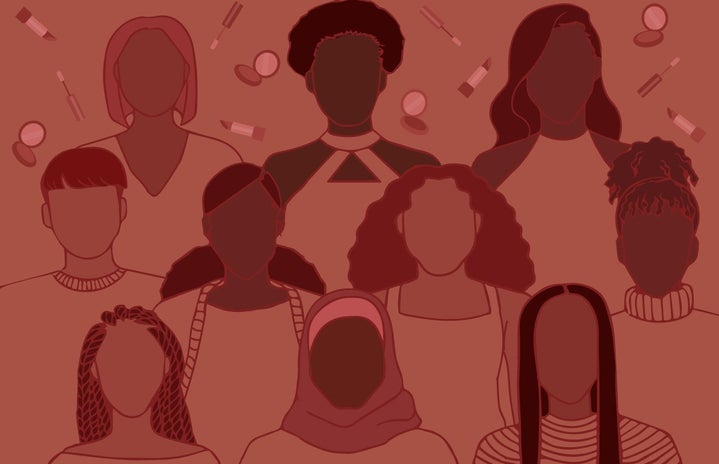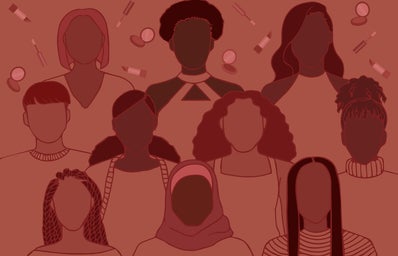I love feminism, and I love history. But, oddly enough, I cringe when heroines in film/television period dramas brashly overcompensate for the failure of their misogynistic era. Writers will stage “badass” moments to try to mimic the kind of things we expect of our modern-day heroine. It’s not that I think women weren’t feminists before the 21st century. It’s that I know so well how much they were feminists and how they were feminists, that anything that misses the mark seems inauthentic. But Greta Gerwig’s 2019 adaptation of Little Women is different. The feminism present in the March girls is real, pulsing, and hopeful.
1) Sexism? Surprise, Surprise
In the scenes when Jo talks with her male publisher, she endures the dismissive and derogatory suggestions and comments from her superior. The female characters should be married or dead and don’t expect to get paid much. Jo doesn’t get riled up by the sexism she faces from her publisher. Jo rolls her eyes, sighs, and keeps her eye on the more important task: getting published. Gerwig demonstrates that women don’t just encounter sexism- that would imply that misogyny occurs in moments that pass. Gerwig shows women live in misogyny, a constant, hierarchical, systematic experience that spans and defines a lifetime. Jo expects sexism as a condition of her gender, as would be typical in 19th century America. Jo acts accustomed to it, unlike other moments in film when women act surprised and outraged at men acting like pigs during historically suppressive times. Gerwig shows us a side to the female experience unexplored in historical fiction: that strong women were excruciatingly in tune with the sexism of their time and were less likely to make a showy speech about it and more likely to deftly navigate it. In fact, when Gerwig does give Jo her feminist monologue moment, it is not in front of men she is trying to prove a point to; it’s in a safe space in a moment of vulnerability in front of another woman, her mother.
2) Burning Your Bra Doesn’t Exactly Work Here
When Amy bemoans the constraints of her gender to Laurie, it’s refreshing because it’s only to prove the point that every decision she makes is for survival. The language barely surmounts her monologue to the lofty heights of other feminist moments that are bent on proving a woman is powerful merely when she says invigorating phrases. Amy’s point is simple. She recognizes that she must marry for money for the security of her family. Her admission is refreshing and her undertaking noble. Amy doesn’t muse about what the world should be like, she states what it is like and the consequences. The monologue’s simplicity makes it iconic and true. Gerwig doesn’t try for iconism by having Amy say forced and contrived things like I’m a strong, independent woman! The monologue isn’t blaring in your face, saying, “This is feminism! Can you recognize it? If you can’t, we’ve made sure to exaggerate it.”
3) She’s Not Like Other Girls
Gerwig doesn’t believe that Meg, Jo, Beth, and Amy are all that unique. Gerwig doesn’t offer up our female heroes as groundbreaking because they’re different from the average woman, but says this is the average woman: and the average woman is complicated and contradicting. Gerwig uses Teddy, the male juxtaposition, to reveal the intimate goings-on of women, with Teddy catching the sisters in acts of love and rage. It’s never suggested that the Marchs are the exception to the rule that women are meek and mild by nature, rather suggesting that the rule always has been a lie.
Gerwig’s adaptation of Little Women is the perfect lesson in writing feminist characters in a period piece because Gerwig doesn’t try to equate the Marchs to modern-day or overexplain why their story still matters. Gerwig simply presents the women how they are, allowing the audience to bask in their hopes, flaws, triumphs, and despairs, because that is enough.



